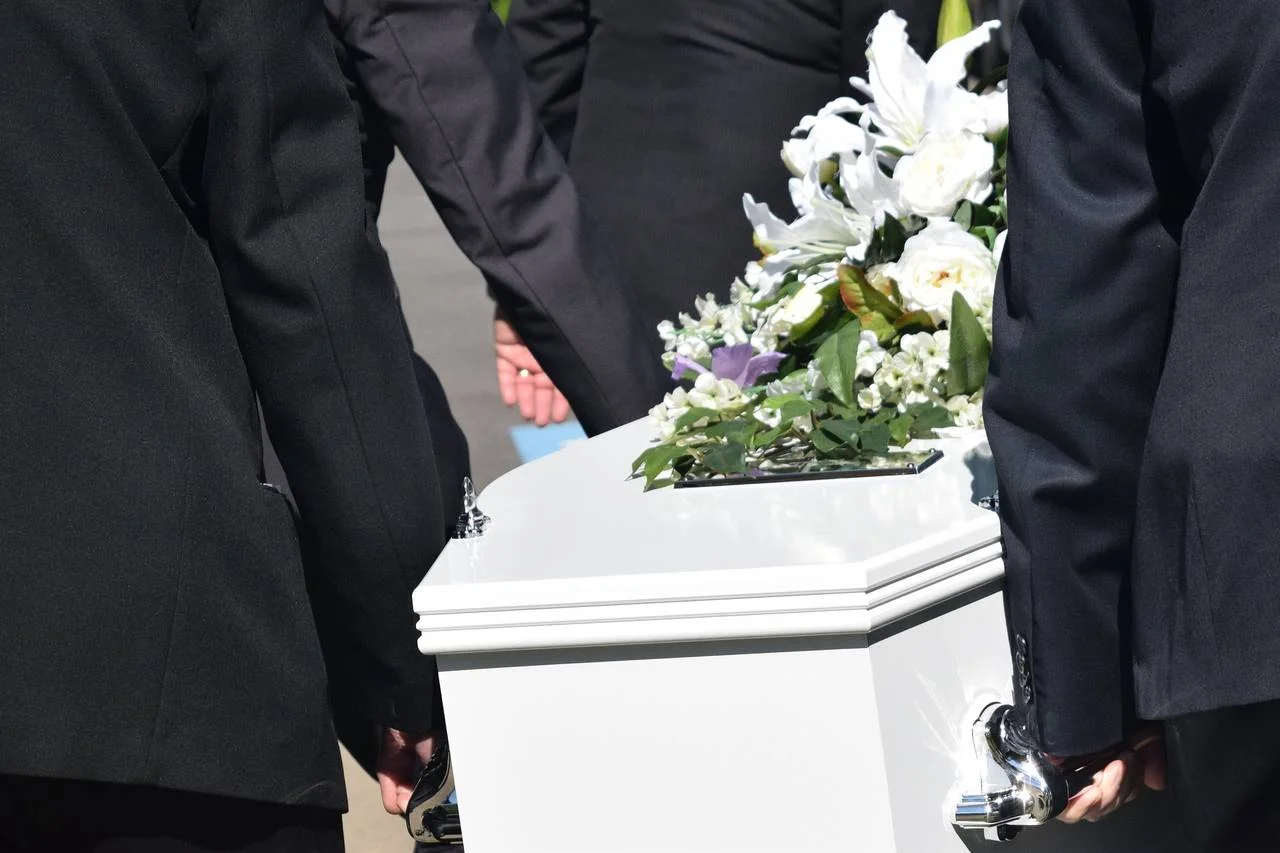Economic vs. Non-Economic Damages: Assessing Compensation in Largo Wrongful Death Cases

In the unfortunate event of a wrongful death case in Largo, Florida, understanding the types of compensation available is essential for the surviving family. Wrongful death cases can result from various circumstances, including car accidents, medical malpractice, or workplace accidents. When seeking compensation for the loss of a loved one, two primary categories of damages come into play: economic and non-economic damages. Let’s delve into each to understand their significance in wrongful death actions.
Economic Damages
Also called pecuniary damages, economic damages refer to tangible financial losses. That means they can be quantified with a monetary value. These damages compensate the surviving family for the fiscal losses resulting from the death of their loved one. Some common examples of economic damages in wrongful death cases include:
- Medical Expenses: Medical bills that resulted for the treatment of the deceased before their passing, including surgeries, hospitalizations, and medications.
- Funeral Costs: Expenses related to arranging the funeral, burial or cremation services, memorial ceremonies, and other associated costs.
- Loss of Financial Support: Compensation for any income and financial support the victim would have earned and given to their family if they had survived.
- Loss of Benefits: The value of any benefits, such as health insurance, pension plans, or retirement benefits, that the deceased would have passed on to their dependents.
Non-Economic Damages
Non-economic damages, on the other hand, are intangible losses. That means they do not have a precise monetary value but still have a significant impact on the surviving loved ones. These attempt to compensate for the emotional suffering resulting from the loss of a loved one. Some common examples of non-economic damages in wrongful death cases include:
- Pain and Suffering: Financial compensation for any pain experienced by the deceased before their death, as well as the mental anguish and emotional distress endured by the surviving loved ones.
- Loss of Companionship: The value of the companionship, guidance, and emotional support provided by the deceased, especially to their spouse, children, or other dependents.
- Loss of Consortium: Financial compensation for any harm to the marital relationship, including the loss of love, affection, companionship, and intimacy between spouses.
- Mental Anguish: Compensation for the psychological trauma, grief, and depression experienced by the surviving family as a result of the wrongful death.
Determining Compensation
The amount of compensation awarded in a wrongful death case depends on various factors, including the circumstances of the death, the age and earning capacity of the deceased, the financial and emotional dependency of the surviving loved ones, and the skill of the legal representation. Courts may consider expert testimony, medical records, financial statements, and other evidence to determine the appropriate amount of compensation for economic and non-economic damages.
Legal Representation
Seeking legal representation from an experienced wrongful death attorney is crucial for maximizing the compensation in Largo wrongful death cases. A skilled attorney can assess the circumstances of the case, gather evidence, calculate the damages, and advocate for the rights of the surviving loved ones in negotiations with insurance companies or litigation in court.
Conclusion
Understanding the distinction between economic and non-economic damages is essential for the surviving family pursuing compensation in Largo wrongful death cases. By seeking legal guidance and advocating for their rights, families can obtain the compensation they deserve to cope with the financial and emotional consequences of their loss.

 Call Us Today - It's Free
Call Us Today - It's Free